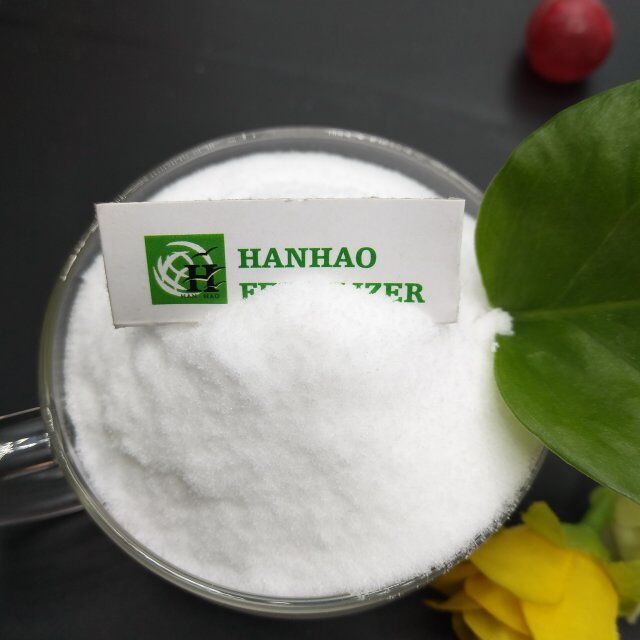
Dec . 05, 2024 20:26 Back to list
Understanding the Benefits of Potassium Humic Acid for Soil Health and Plant Growth
Potassium Humic Acid A Natural Solution for Soil Health and Plant Growth
In recent years, the agricultural sector has witnessed a growing interest in sustainable practices that enhance crop yields while minimizing environmental impact. Among the various organic amendments, potassium humic acid has emerged as an effective solution for improving soil health and promoting plant growth. This naturally occurring substance is derived from the humification of organic matter, primarily found in soil, peat, and coal deposits. Its unique properties make it a valuable tool for farmers and gardeners alike, seeking to optimize their soil conditions and plant development.
What is Potassium Humic Acid?
Potassium humic acid is a complex mixture of humic substances, enriched with potassium ions. It is formed through the natural decomposition of plant and animal residues in the soil. Humic acids are soluble in alkaline solutions and are known for their high cation exchange capacity, which enables them to hold onto essential nutrients and make them available for plant uptake. The inclusion of potassium in the formulation adds a vital macronutrient, further enhancing its benefits.
Benefits of Potassium Humic Acid in Agriculture
1. Improved Soil Structure One of the most significant advantages of potassium humic acid is its ability to improve soil structure. By increasing the aggregation of soil particles, it enhances aeration and drainage, which is essential for healthy root development. A well-structured soil environment allows roots to penetrate deeper and access water and nutrients more efficiently.
2. Enhanced Nutrient Availability Potassium humic acid plays a crucial role in increasing the availability of nutrients in the soil. Its unique molecular structure allows it to chelate minerals, making essential nutrients, such as nitrogen, phosphorus, and micronutrients more accessible to plants. This chelation process prevents nutrient leaching and ensures that plants can absorb what they need for optimal growth.
potasium humic acid

3. Stimulated Microbial Activity The application of potassium humic acid promotes microbial activity in the soil. Beneficial microorganisms, such as bacteria and fungi, thrive in the presence of organic matter, leading to improved nutrient cycling and soil fertility. A robust microbial community contributes to a healthy soil ecosystem, which is critical for sustainable agriculture.
4. Increased Water Retention Another notable benefit is the enhanced water retention capacity of soils treated with potassium humic acid. Its hydrophilic nature allows it to absorb and hold water, reducing the frequency of irrigation required. This characteristic is particularly beneficial in arid and semi-arid regions, where water conservation is vital for sustainable crop production.
5. Disease Resistance There is emerging evidence that potassium humic acid can enhance plant defense mechanisms against diseases. By fostering a healthy root environment and improving overall plant vigor, it can help crops resist stressors, including pathogens and pests. Healthier plants are naturally more resilient, reducing the need for chemical pesticides.
Application Methods
Potassium humic acid can be applied in various ways depending on the specific needs of the soil and crops. It is available in liquid, powder, or granular forms, making it adaptable for different application techniques such as soil incorporation, foliar spraying, or fertigation. The timing and method of application may vary based on crop type and growth stages, but generally, it is recommended to apply it during planting or fertilization periods for optimal results.
Conclusion
In conclusion, potassium humic acid represents a powerful, eco-friendly solution for improving soil health and promoting sustainable agriculture. Its ability to enhance soil structure, increase nutrient availability, stimulate microbial activity, retain water, and bolster disease resistance makes it an invaluable addition to agricultural practices. As the push for sustainable farming continues, incorporating potassium humic acid into soil management strategies will undoubtedly pave the way for healthier crops and a more robust agricultural ecosystem. Whether you are a commercial farmer or a home gardener, considering this natural amendment could lead to significant improvements in your soil and plant health.
-
Premium Organic Manure Compost for Eco Gardens
NewsAug.01,2025
-
Organic 10-10-10 Fertilizer | Balanced Plant Nutrients
NewsJul.31,2025
-
Premium Amino Acid Fertilizer | Rapid Plant Growth Booster
NewsJul.31,2025
-
10 10 10 Fertilizer Organic—Balanced NPK for All Plants
NewsJul.30,2025
-
Premium 10 10 10 Fertilizer Organic for Balanced Plant Growth
NewsJul.29,2025
-
Premium 10 10 10 Fertilizer Organic for Balanced Plant Growth
NewsJul.29,2025
